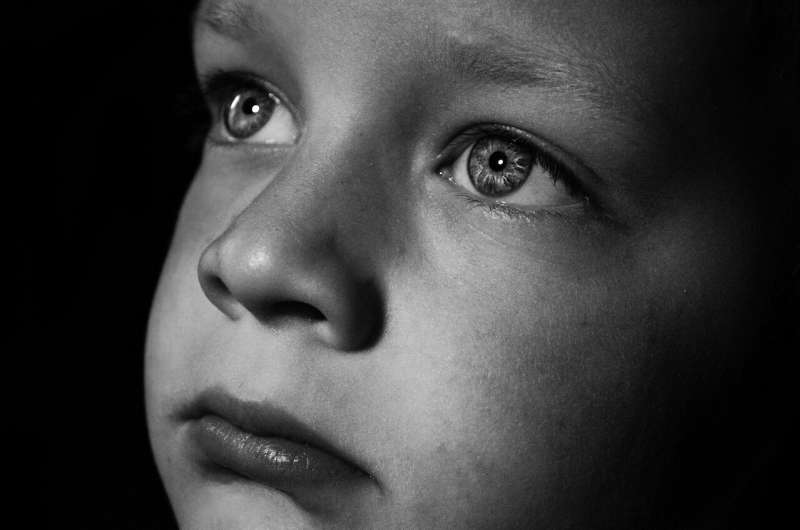
A new study led by Menzies School of Health Research (Menzies) has uncovered a strong connection between intimate partner violence and poor child health outcomes.
Published last week in The Lancet Global Health, researchers found that children under 5 years whose mothers experienced intimate partner violence during their life, were more likely to develop acute respiratory infection, diarrhea and be under nourished. This risk was much higher in children of mothers who experienced multiple types of violence.
Through examining data from more than 230,000 children under 5 years, living across 37 sub-Saharan African countries, this study is the first to comprehensively explore the link between a mothers’ experience of physical, sexual, and emotional violence, as well as their co-occurrence and the subsequent effects on their child’s health.
These critical findings grow the knowledge base of the consequences of violence, providing a foundation to build tailored policy interventions and prevention programs that are specific to different contexts and regions.
This study also highlights the value of a multidisciplinary approach that integrates health care, social services, and legal frameworks, when it comes to addressing and preventing violence in the community.

Violence and the consequence of violence is a burden confronting most communities—including Australia and the Northern Territory (NT). Understanding these impacts is crucial to improving better outcomes for children and to reduce long term and intergenerational effects of domestic violence.
Given the direct link between a child’s health and their mother’s well-being, the study emphasized that support for mothers and their children was pivotal to shaping both their health and well-being trajectories.
These findings are part of a broader body of work undertaken by researchers at the Menzies Centre for Child Development and Education, which includes research projects relating to the impacts of family violence on maternal health and well-being, parenting as well as health, educational and social outcomes of children exposed to violence.
More information:
Abel F Dadi et al, Intimate partner violence and childhood health outcomes in 37 sub-Saharan African countries: an analysis of demographic health survey data from 2011 to 2022, The Lancet Global Health (2024). DOI: 10.1016/S2214-109X(24)00313-9
Citation:
Intimate partner violence strongly tied to child health issues, research shows (2024, October 2)
retrieved 6 October 2024
from https://medicalxpress.com/news/2024-10-intimate-partner-violence-strongly-child.html
This document is subject to copyright. Apart from any fair dealing for the purpose of private study or research, no
part may be reproduced without the written permission. The content is provided for information purposes only.

